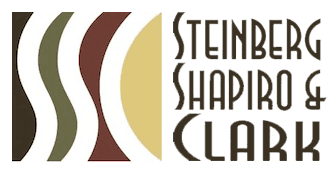Personal Bankruptcy
Many people don't know where to turn when they find themselves unable to meet their financial obligations and being pressured by creditors. Steinberg Shapiro & Clark can help you understand your options in and out of bankruptcy and provide you with the advice necessary to determine the best course of action for you.
Chapter 7 Bankruptcy
The most common type of bankruptcy is Chapter 7, which allows individuals to discharge most, if not all, of their unsecured debt. This includes debts for medical bills, credit cards, personal loans, older tax debts, utility bills, and other types of debt. In addition to discharging debt, other reasons to file Chapter 7 include ending creditor harassment and stopping repossessions, foreclosures, garnishments, lawsuits, and other creditor actions.
To qualify for a Chapter 7 case, most individuals must pass a "means test." The means test looks at past income and future expenses to determine whether an individual will be permitted to file Chapter 7 bankruptcy. The attorneys at Steinberg Shapiro & Clark will conduct a means test review early in the case, so that you are not left guessing whether you qualify for a Chapter 7 or not.
After the qualification process is complete, we turn our attention to the client's property. Once the attorney understands the extent of the client's property interests, the attorney will determine whether the property can be exempt from the bankruptcy. The client gets to keep exempt property, so it is important to claim the appropriate exemptions as allowed by law.
At Steinberg Shapiro & Clark, we conduct a thorough investigation in every case before it is filed so that we know what to expect and can advise our clients accordingly. By paying attention to details, we avoid unwanted surprises. We get all of the information up front so that we know what the issues are and can address them before the case is filed.
Chapter 13 Bankruptcy
Chapter 13 bankruptcy is often described as a personal reorganization of debt. Chapter 13 is best suited for individuals with a steady income and property they want to protect. If a client has property that is worth more than they are allowed to keep under law, they can file a Chapter 13, propose to repay some portion of their debt over a three to five-year period, and keep their property. A Chapter 13 bankruptcy may allow individuals to reduce what they pay for their car (including interest rates), reduce their tax liabilities (including tax penalties), and remove a second mortgage from their residence. Chapter 13 may also stop foreclosure on a principal residence, protect co-signors from collection activity, and stop repossessions and garnishments.

